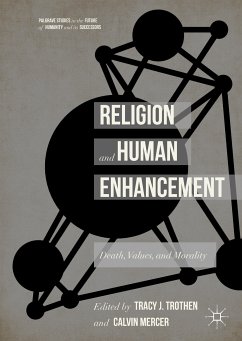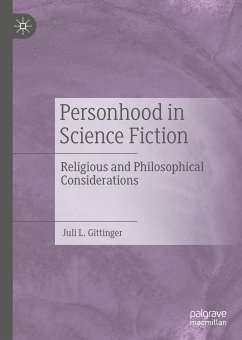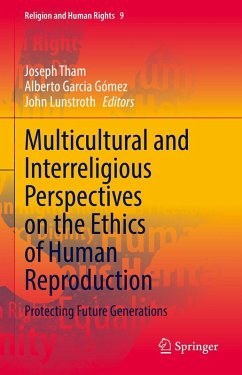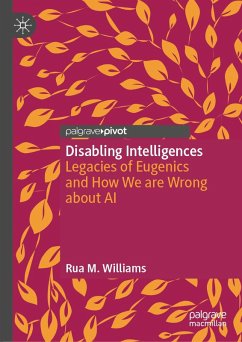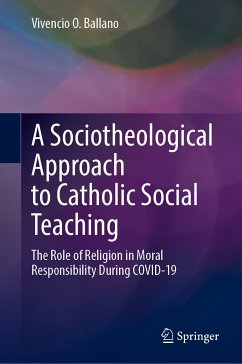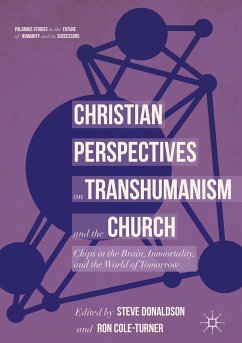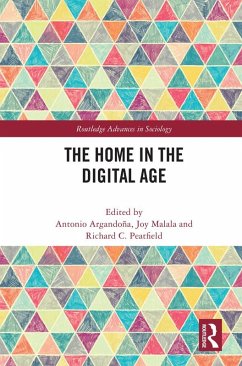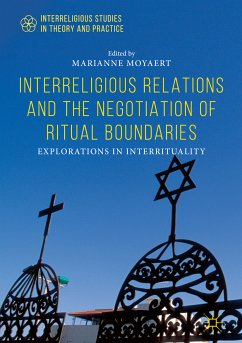
Religion and the Technological Future (eBook, PDF)
An Introduction to Biohacking, Artificial Intelligence, and Transhumanism
Versandkostenfrei!
Sofort per Download lieferbar
48,95 €
inkl. MwSt.
Weitere Ausgaben:

PAYBACK Punkte
24 °P sammeln!
We live in an age of rapid technological advancement. Never before has humankind wielded so much power over our own biology. Biohacking, the attempt at human enhancement of physical, cognitive, affective, moral, and spiritual traits, has become a global phenomenon. This textbook introduces religious and ethical implications of biohacking, artificial intelligence, and other technological changes, offering perspectives from monotheistic and karmic religions and applied ethics. These technological breakthroughs are transforming our societies and ourselves fundamentally via genetic modification, t...
We live in an age of rapid technological advancement. Never before has humankind wielded so much power over our own biology. Biohacking, the attempt at human enhancement of physical, cognitive, affective, moral, and spiritual traits, has become a global phenomenon. This textbook introduces religious and ethical implications of biohacking, artificial intelligence, and other technological changes, offering perspectives from monotheistic and karmic religions and applied ethics. These technological breakthroughs are transforming our societies and ourselves fundamentally via genetic modification, tissue engineering, artificial intelligence, robotics, the merging of computer technology with human biology, extended reality, brain stimulation, and nanotechnology. The book also considers the extreme possibilities of mind uploading, cryonics, and superintelligence. Chapters explore some of the political, economic, sociological, and psychological dimensions of these advances, withbibliographies for further study and questions for discussion. The technological future is here - and it is up to us to decide its moral and religious shape.
Dieser Download kann aus rechtlichen Gründen nur mit Rechnungsadresse in A, B, BG, CY, CZ, D, DK, EW, E, FIN, F, GR, HR, H, IRL, I, LT, L, LR, M, NL, PL, P, R, S, SLO, SK ausgeliefert werden.



